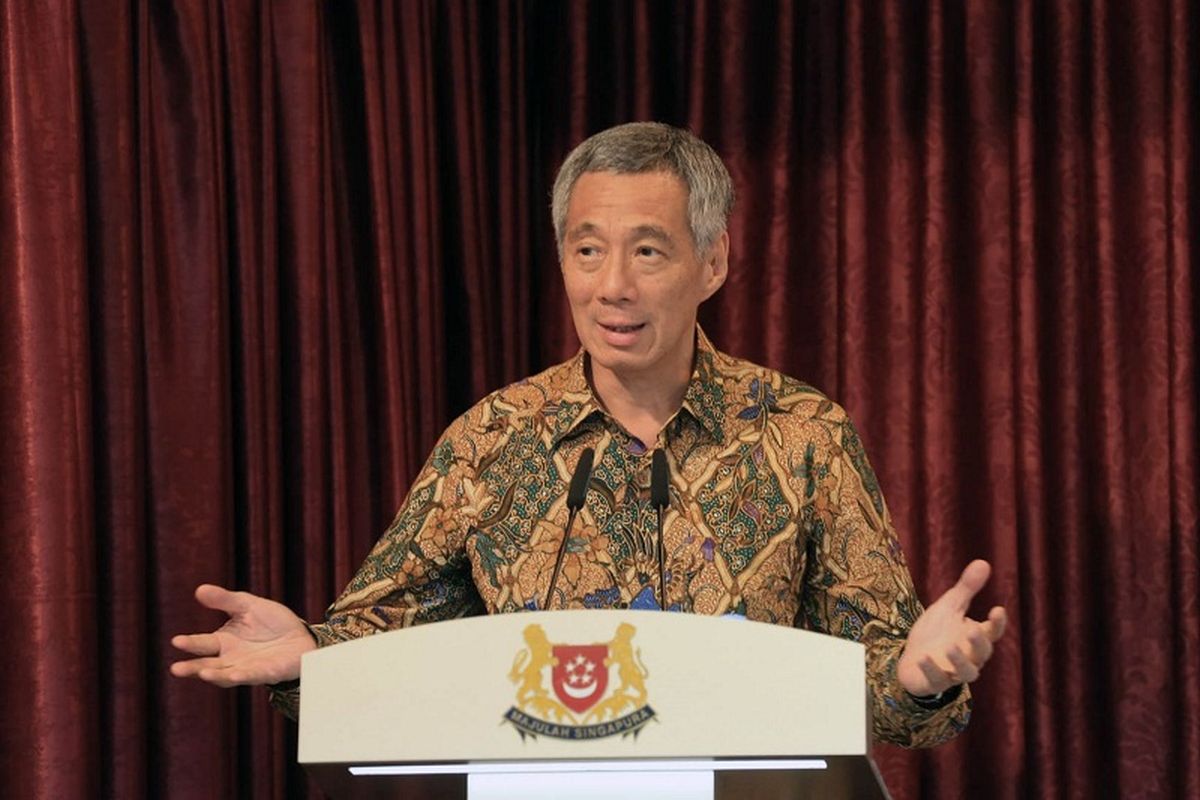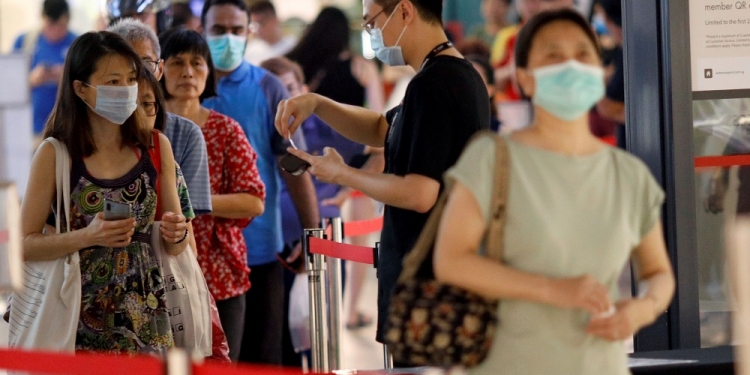The Singapore government has announced a new restriction order to help curb the spread of COVID-19, with schools to be closed from the 8th of April and most workplaces to follow suit from the 7th of April.
Prime Minister Lee Hsien Loong explained that the “decisive move” is being taken now as a preemptive measure, calling the measure a “circuit breaker”. Those who work in essential services such as healthcare, supermarkets, banking, and transport will remain open, while eateries will only be allowed to offer takeaway services.
“Looking at the trend, I am worried that unless we take further steps, things will gradually get worse, or another big cluster may push things over the edge.”

Additionally, Singapore’s Prime Minister also explained that financial support—for both residences and businesses—will arrive soon, with an announcement expected to be made during a Parliamentary meeting next Monday.
Authorities in Singpaore are now encouraging individuals to wear face masks, despite earlier advice to the contrary. This is because evidence has shown that individuals infected with COVID-19 may not display symptoms, although the infection can still pass.
As such, reusable masks will be distributed to “all households”, although surgical masks in particular will still be reserved for healthcare workers.
Currently, Singapore has recorded 1,114 confirmed cases of COVID-19 infection at the time of writing, with 5 deaths reported. While numbers are still relatively low compared to others in region, Singapore’s restriction measure mirrors that of Malaysia, where only essential services are allowed to continue during a Movement Control Order.
According to Lee, there are three things that Singaporeans need to do: stay home, avoid socialising, and reserve travel for essential tasks. Those who break “circuit breaker” rules will be subject to fines of up to SGD10,000 (~RM30,351) and/or six-month jail term.
The circuit breaker is expected to lift on the 5th of May for both workplaces and schools.
[ SOURCE , IMAGE SOURCE ]








